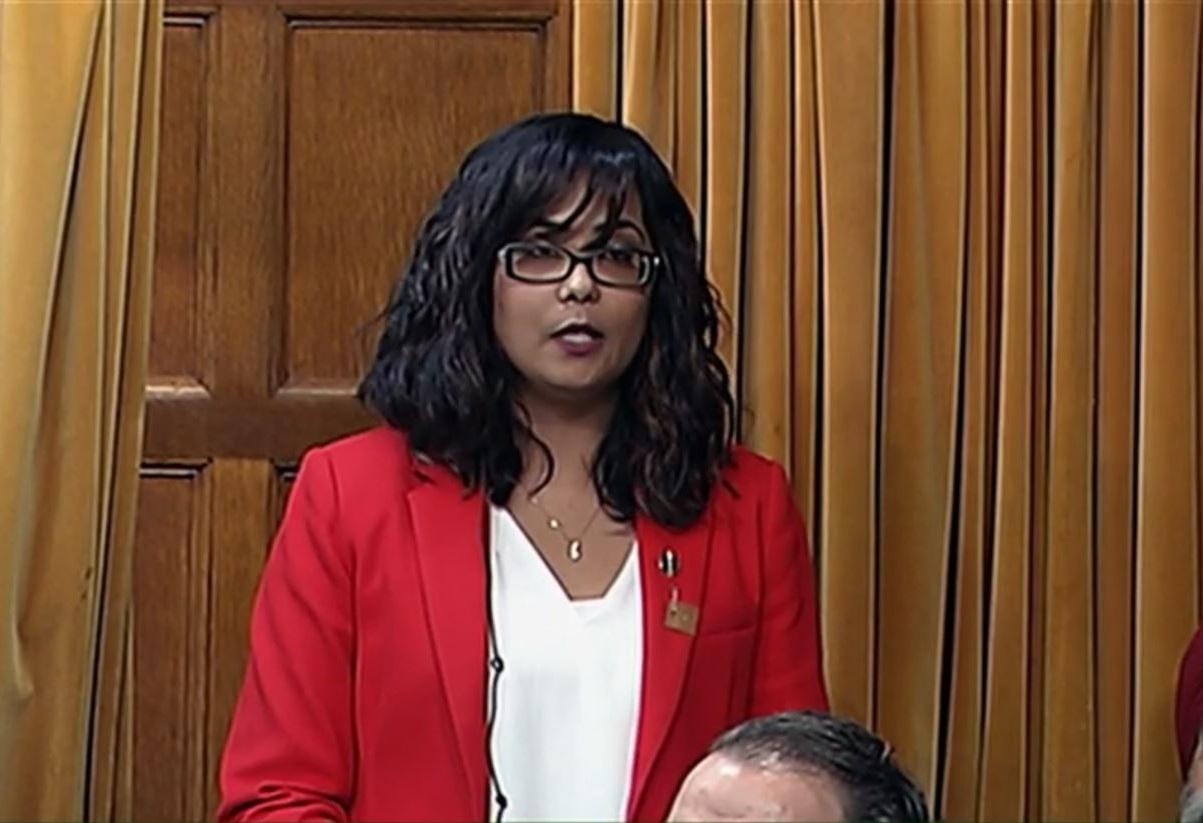Canadian parliament passes anti-Islamophobia motion
The motion calls on the government to 'quell the increasing public climate of hate and fear'

The Canadian parliament has passed a landmark anti-Islamophobia and religious discrimination motion that calls on politicians to condemn anti-Islamic behaviour and rhetoric.
The vote follows months of fierce debate in Canada, including protests from both the motion’s supporters and detractors.
Opponents argued the private members’ motion, which calls on the government to “condemn Islamophobia and all forms of systemic racism and religious discrimination”, will limit free speech in the country and single out Islam for special treatment.
Liberal MPs and Conservatives accused one another of using rising levels of prejudice and hate crimes against Muslims in Canada as a political football.
The motion explicitly called on the government to “quell the increasing public climate of hate and fear”.
It also said there should be put into action a “government-wide approach for reducing or eliminating systemic racism and religious discrimination”.
This would require the government to collect date on hate crimes, conduct official assessments of affected communities and present findings to parliament within eight months.
The non-binding motion, known as M-103 was passed by 201 votes to 91.
Liberal MP Irqa Khalid, who tabled the motion, was cheered loudly by her party as the vote passed.
The majority of Canada’s Conservative MPs voted against the motion.
Speaking after the vote, Ms Khalid told reporters: “I'm really happy that the vote today has shown positive support for this motion and I'm really looking forward to the committee taking on this study.”
Conservative MP David Anderson put forward an amendment to the motion to try and change the wording to include other religions. He argued the motion should be to “condemn all forms of systemic racism, religious intolerance and discrimination of Muslims, Jews, Christians, Sikhs, Hindus and other religious communities”.
But the amendment was rejected by Liberals. Ms Khalid said: “Really, changing the wording of the motion would have watered it down and I think the committee can really look into this if it is an issue.”
Mr Anderson later said: “I think that many of us have wanted to have a mature discussion about this for a long time, and I think actually Ms Khalid and I would be on the exact same wavelength on that issue.”
The motion caused some confusion in Canada, with many believing it to be a “bill”, or a “law”.
Why we should all go to Canada
Show all 8On this issue the Canadian parliament’s guide to private members’ motions reads: “The first difference to keep in mind is in their effect. Since in agreeing to a motion expressing a resolution, the House is only stating an opinion, the government will not be bound to adopt a specific policy or course of action.
“By contrast, because it becomes law when passed by Parliament, a bill may have far reaching implications for both the government and the public.”
Subscribe to Independent Premium to bookmark this article
Want to bookmark your favourite articles and stories to read or reference later? Start your Independent Premium subscription today.

Join our commenting forum
Join thought-provoking conversations, follow other Independent readers and see their replies